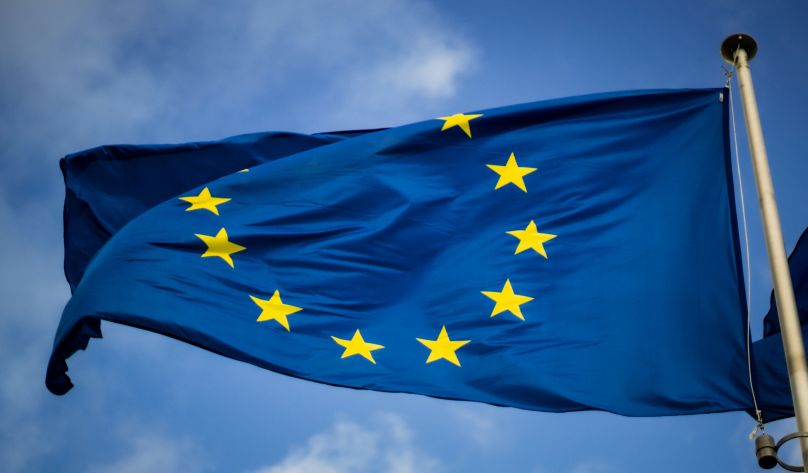Einaudi Center for International Studies
What Does U.S. Military Disengagement Mean for European Security?

Agnieszka Nimark, PACS Visiting Scholar
“After decades of providing security guarantees for Europe, the recent announcement of the US plans to reduce its troops has reignited debates not only about the European security but also about Europe’s nuclear deterrence,” writes Agnes Nimark.
Additional Information
Migrations Director Wins SUNY Chancellor's Horizon Award

Katie Fiorella, Migrations Director
Migrations director Katie Fiorella is awarded the inaugural SUNY Chancellor's Horizon Award for Faculty Research and Scholarship. The honor awards early-career faculty research and scholarly achievements across SUNY's colleges and universities.
Additional Information
SAP Director Wins SUNY Chancellor’s Award for Excellence

Sarah Besky, SAP
The honor is presented annually, recognizing awardees on campuses across the SUNY system for their commitment to sustaining intellectual vibrancy, advancing the boundaries of knowledge, providing the highest quality of instruction and serving the public good.
Additional Information
Transnational Disputes Clinic Helps Free Asylum Seekers

Ian Kysel, Migrations
Fleeing threats of arrest for apostasy, Artemis Ghasemzadeh escaped Iran in December 2024, hoping to find religious freedom in the United States. Instead, within minutes of crossing the border from Mexico to California, she was placed in detention, where the Department of Homeland Security showed no interest in considering her request for asylum.
Additional Information
New Cornell Tech to Evaluate Anemia to Be Used Across India

Saurabh Mehta, SAP
AnemiaPhone, a technology developed by a multidisciplinary team of Cornell researchers to accurately, quickly and cheaply assess iron deficiency, has been transferred to the Indian Council of Medical Research of the government of India for integration into its programs for anemia, women’s health, and maternal and child health throughout the country.
Additional Information
Cornell Atkinson Awards Catalyze Solutions in Food, Climate, Clean Energy

Sarosh Kuruvilla, SEAP/SAP
With support from the Cornell Atkinson Center, Sarosh Kuruvilla and Jason Judd are leading a project to test and estimate costs of factory-level heat interventions. “Climate change is already negatively impacting worker livelihoods and industry sustainability,” says Sarosh Kuruvilla, acting director of the Southeast Asia Program. “The global fashion industry urgently needs to adapt, to protect worker health and long-term earnings.”
Additional Information
Tariffs Make the World Poorer and More Perilous

NYT Op-Ed by Eswar Prasad (SAP)
In this NYT op-ed, Eswar Prasad (SAP) argues on-again-off-again tariffs have disrupted the global trading system and caused whiplash for businesses and consumers.
Additional Information
Mexico's New Supreme Court Will Likely Heavily Favor Sheinbaum's Ruling Party

Gustavo Flores-Macias, LACS
While Lopez Obrador ultimately found ways to accomplish his agenda, the Supreme Court served as an important check on his powers, says public policy professor Gustavo Flores-Macias.
Additional Information
Countries Are Balancing U.S. Tariff Threats with Chinese Overcapacity

Eswar Prasad, SAP
“It’s a complicated time for global trade right now, you have the largest economy in the world, essentially pulling back from the rules of the game that have governed international trade for a long time,” said Eswar Prasad, senior professor of international trade policy.
Additional Information
Trump's Deportations Haunt Workers in the Fields of Rural New York

Mary Jo Dudley, Migrations
According to research form Mary Jo Dudley at the Cornell Farmworker Program, about half of all farmworkers in New York State were undocumented.
